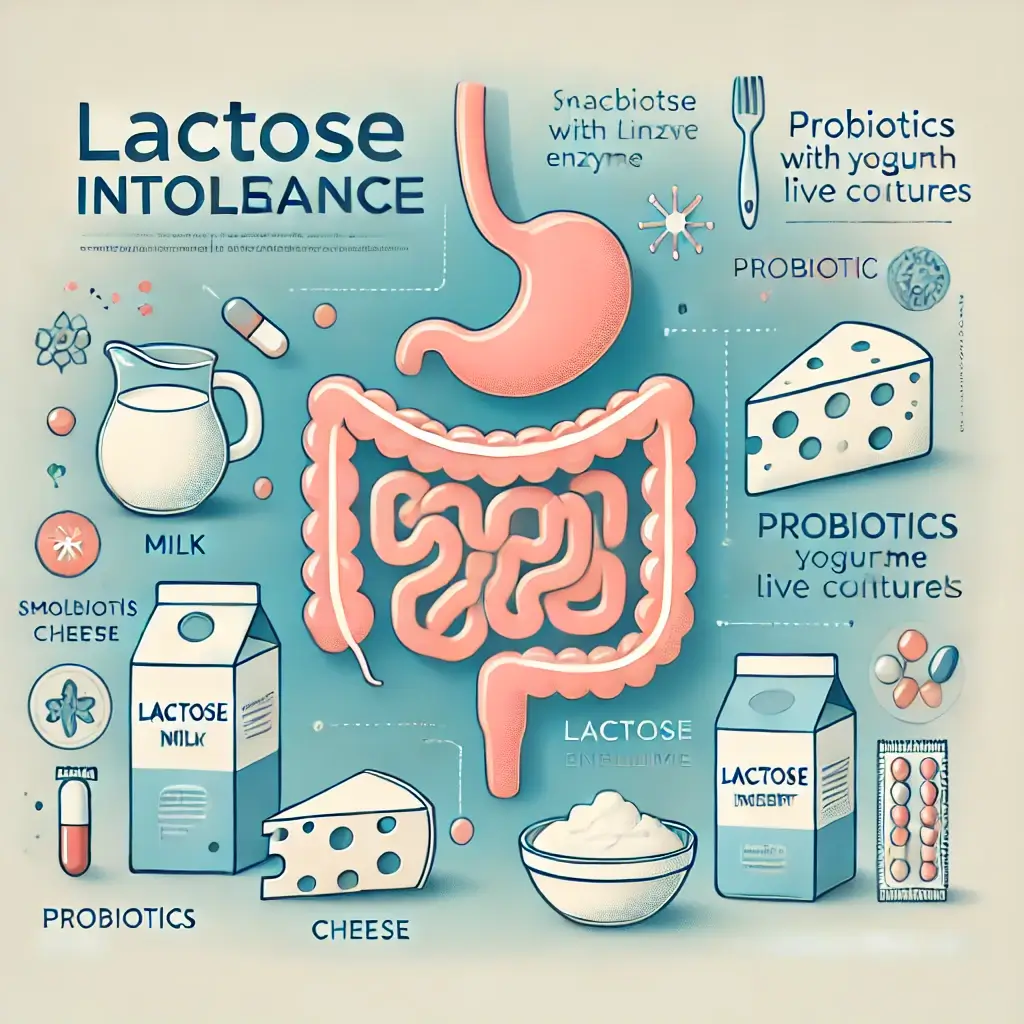Here is the blog post with the requested changes:
Spore-Based Probiotics vs. Traditional Probiotics: Which Is Better for Gut Resilience?
In recent years, gut health has become a central focus in wellness and medical discussions alike, reflecting the growing recognition of the gut as a cornerstone of overall health. The gut microbiome — the community of trillions of microorganisms living in the digestive tract — plays a critical role in digestion, immune regulation, mood balance, inflammation control, and even neurological functions. As interest grows in supporting a healthy gut naturally, probiotics have surged in popularity among those seeking to improve intestinal balance and resilience.
Probiotics are live microorganisms that, when administered in adequate amounts, provide health benefits to the host. Traditionally, these probiotics come in the form of Lactobacillus, Bifidobacterium, and other common strains often found in fermented foods like yogurt, kefir, and kombucha or in standard over-the-counter supplements. These traditional probiotics are generally sensitive to heat, moisture, and stomach acid, which can significantly reduce their efficacy by the time they reach the intestines — where they’re needed most.
This has led to the rise in interest and adoption of a novel class of probiotics: spore-based probiotics. Derived from soil-based organisms (SBOs), these microbes are protected by a spore-forming outer shell, which allows them to survive harsh environmental conditions, including the acidic environment of the stomach. This resilience contributes to their ability to successfully colonize the gut and potentially offer more robust health benefits.
With an overwhelming array of probiotic products on the market, many health-conscious consumers and patients are left wondering: Which type of probiotic is more beneficial, particularly when it comes to long-lasting gut health and resilience? This article delves into the differences between spore-based and traditional probiotics, exploring the science behind each and assessing research to determine which may offer superior support for gut integrity and performance — especially for those seeking natural, herbal-aligned pathways to enhanced health.
The Science Behind Spore-Based vs. Traditional Probiotics
Several clinical and peer-reviewed studies have begun comparing spore-based probiotics and traditional probiotics regarding survival, colonization, and long-term impact on the gut microbiome.
One of the most notable studies, published in the World Journal of Gastroenterology (2017), found that spore-forming Bacillus strains exhibited higher survivability through gastric passage compared to traditional Lactobacillus-based probiotics. While traditional probiotics experienced up to a 99% reduction due to stomach acid and bile exposure, spore-based Bacillus strains maintained integrity and successfully colonized the intestines. This resistance is attributed to the robust spore coating, which protects genetic material until the bacteria reach appropriate conditions to germinate (source).
Moreover, a randomized, double-blind, placebo-controlled study published in the Journal of Clinical Gastroenterology (2016) assessed the impact of Bacillus coagulans (a common spore-forming strain) on patients with IBS. Participants who took the spore-based probiotic for eight weeks showed significant improvements in abdominal pain, bloating, and overall quality of life versus the placebo group (source).
Why Traditional Probiotics May Offer Only Temporary Support
Traditional probiotics are often considered transient. While they may provide support during regular usage, many strains do not permanently alter the gut microbiome. This means continuous supplementation is often necessary to sustain their benefits.
Findings published in Cell (2018) reinforced this view. Researchers noted that many commercial probiotic strains fail to colonize the human gut effectively unless the host’s intestinal environment is uniquely suited for them — a scenario that isn’t common without personalized medical intervention (source).
Nevertheless, traditional probiotics, especially through food sources, still offer value — such as contributing to daily gut nourishment and increasing microbial exposure when consumed consistently.
Spore-Based Probiotics: Nature’s Gut Resilience Reboot
An added benefit of spore-based probiotics is their environmental origin. As soil-based organisms, these microbes were once commonly ingested through contact with unwashed produce and natural settings. Modern sanitization, while essential for disease prevention, has significantly reduced our microbial diversity and environmental exposure — which some experts associate with rising autoimmune and inflammatory disorders.
By reintroducing these SBOs into the body, spore-based probiotics may help restore microbial diversity — a critical feature of resilient gut health. They are also more shelf-stable, offering consistency in efficacy without the need for refrigeration, and are less prone to degradation during production and transport.
How to Choose the Right Probiotic Supplement
As with any health product, not all probiotics are created equal. Some important tips to consider when selecting a spore-based or traditional probiotic include:
- Choose clinically studied strains (e.g., Bacillus coagulans, Bacillus subtilis) with proven efficacy
- Ensure the product has third-party testing and is manufactured in a GMP-certified facility
- Read product labels carefully to verify CFU count (colony forming units) and strain diversity
- Consult with a healthcare professional if you’re using probiotics to address specific health concerns
Quality, transparency, and evidence-backed ingredients should always guide your selection — regardless of whether you’re leaning toward traditional or spore-based options.
Conclusion: The Future of Gut Health May Be Spore-Based
Spore-based probiotics offer a compelling alternative to traditional probiotics for those aiming to improve gut health and enhance microbial resilience naturally. Their superior survivability, ability to reach and colonize the small and large intestines, as well as their proven benefits in managing gut-related symptoms like bloating and irregularity, make them a powerful option for long-term gut health.
While traditional probiotics still hold value — especially in fermented dietary sources — spore-based probiotics may provide a more targeted and reliable approach. As always, individuals should consult with a qualified healthcare provider before beginning any new supplement regimen to ensure the solution aligns with specific health needs and conditions.
Summary:
Spore-based probiotics offer superior survivability and ability to colonize the gut compared to traditional probiotics. They may provide more robust and long-lasting benefits for gut health and resilience, making them a promising option for those seeking natural ways to support their digestive and overall wellbeing.
References:
1. Khanna, S., & Tosh, P. K. (2014). A clinician’s primer on the role of the microbiome in human health and disease. Mayo Clinic Proceedings, 89(1), 107-114. Read More
2. Elshaghabee, F. M. F., Rokana, N., Gulhane, R. D., Sharma, C., & Panwar, H. (2017). Bacillus As Potential Probiotics: Status, Concerns, and Future Perspectives. Frontiers in Microbiology, 8, 1490. Read More
3. Majeed, M., Nagabhushanam, K., Natarajan, V. S., et al. (2016). Bacillus coagulans MTCC 5856 in the treatment of diarrhea predominant irritable bowel syndrome: A clinical study. Journal of Clinical Gastroenterology, 50(6), 477–483. Read More
4. Zmora, N., Zilberman-Schapira, G., Suez, J., et al. (2018). Personalized Gut Mucosal Colonization Resistance to Empiric Probiotics. Cell, 174(6), 1388–1405.e21. Read More
For more insights on natural gut health, herbal remedies, and probiotic strategies, explore our resources at gutnow.com.

Dominic E. is a passionate filmmaker navigating the exciting intersection of art and science. By day, he delves into the complexities of the human body as a full-time medical writer, meticulously translating intricate medical concepts into accessible and engaging narratives. By night, he explores the boundless realm of cinematic storytelling, crafting narratives that evoke emotion and challenge perspectives.
Film Student and Full-time Medical Writer for ContentVendor.com




